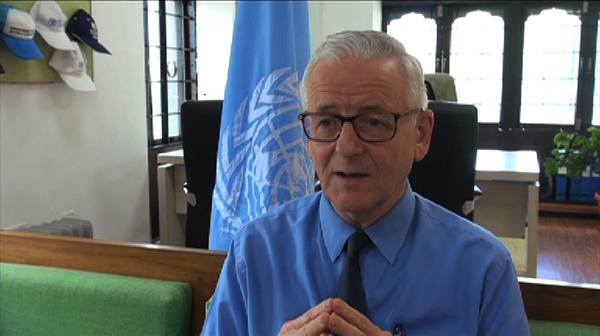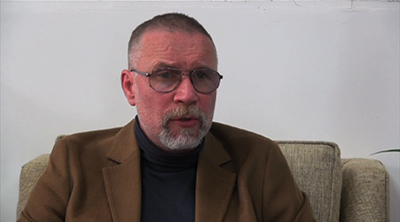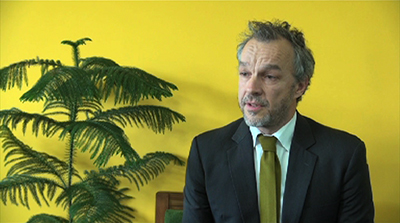 The government will provide nutritious food to more than 12,000 most vulnerable children identified in the country during the COVID-19 pandemic.
The government will provide nutritious food to more than 12,000 most vulnerable children identified in the country during the COVID-19 pandemic.
The United Nations in Bhutan is supporting the government in food security, nutrition and boosting agriculture sector.
With schools remaining closed for months, continuity of education and nutrition is crucial for children. Although 98 percent of households in Bhutan are food secured, many children do not have a minimum acceptable diet. The absence of adequate nutritious food in the diets could adversely affect their growth, cognitive development and immunity.
 Dr Will Parks, Representative of UNICEF, said, “We are working with World Food Programme to develop a package with Ministry of Education and Ministry of Health to get food ration delivered to the homes of those children who are not in school.”
Dr Will Parks, Representative of UNICEF, said, “We are working with World Food Programme to develop a package with Ministry of Education and Ministry of Health to get food ration delivered to the homes of those children who are not in school.”
The proposed food basket will consist of rice, fortified oil with essential vitamins and minerals, and pulses. It will be distributed by implementing appropriate infection prevention measures. Other items in the package will be nutrition and hygiene awareness message and soaps.
Svante Helms, Head of Office, World Food Programme, said that the government of Bhutan is bringing in 20,000 Metric tonnes of food  to sustain the most vulnerable part of the population up to half year. “The UN is here providing mobile tents and we are working with BAFRA to produce food safety guidelines, to minimise food losses and also preserve the nutritional requirement and quality of the food.”
to sustain the most vulnerable part of the population up to half year. “The UN is here providing mobile tents and we are working with BAFRA to produce food safety guidelines, to minimise food losses and also preserve the nutritional requirement and quality of the food.”
UN officials also added that it is an opportunity for Bhutan to address food security as the country has the potential in agriculture and utilising fallow lands.
Gerald Daly, Resident Coordinator of UN Bhutan, said, “Even as we respond to COVID-19, we need to be thinking about self-reliance. And as we work, we need to be already understanding how to build back better. I believe in the areas of vegetable production, I believe in areas of Farm to School, I believe in areas of nutrition. We the United Nation are doing a good job and we need to a better job over the coming weeks and months.”
The UN office in collaboration with health ministry has trained health workers in 11 dzongkhags on micronutrient supplementation. For rest of the dzongkhags, health workers will be trained once restrictions are eased.
Tshering Zam









